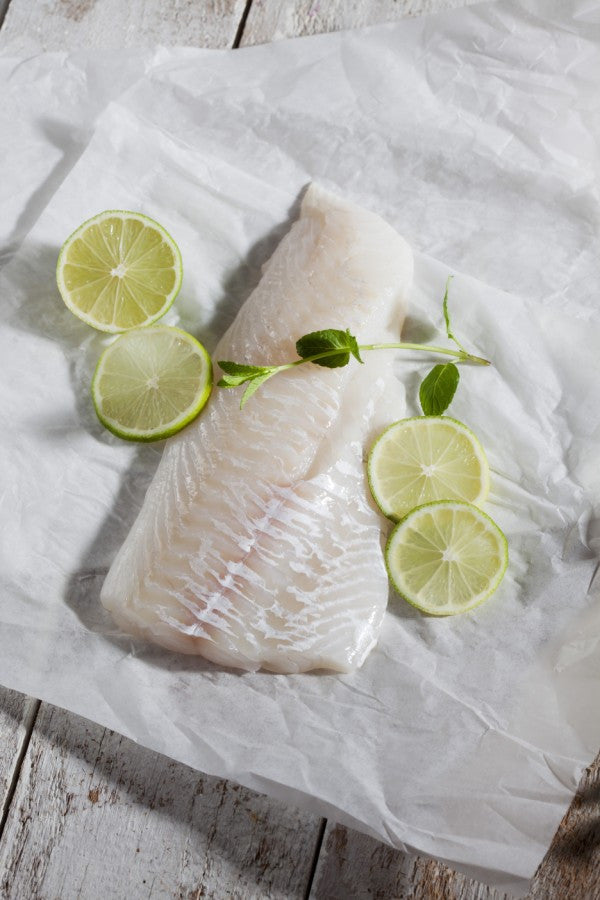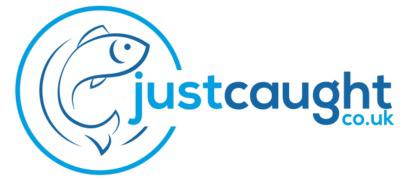
Healthiest Fish and Seafood
Share
Fish and seafood are no doubt a joy to have on your plate. Besides being very palatable, they are healthy, too. In fact, experts recommend that you consume two servings of fish a week. So what are the healthiest fish and seafood? Here are some of them:
Salmon
There are several tales surrounding salmon, a common name for several species of ray-finned fish in the family Salmonidae. But that it is one of the healthiest fish is no tall tale. It tends to contain more fat than, say, tuna, but that does not mean that it is bad for you. Not all fats are bad, especially the kind that salmon contains. A one-ounce serving of this fish can give you 1095mg of omega-3 fatty acids, which are essential fatty acids. Your body is not able to produce them, so you need to get them from your diet. They are known to help keep your heart healthy and your immune system strong, among others. Another nutrient that salmon has plenty of is vitamin B12. A one-ounce serving of the fish can give you 168% of your daily requirement of the vitamin, which is known for its ability to boost your energy and mood and maintain your nervous system.
Oysters
Oysters may not be very aesthetically pleasing on the outside, but they have a lot to offer. Besides being really flavourful, they are very healthy, too. One mineral that they contain high levels of is zinc, which helps boost your immune system, keep your bones strong, and improve your sex drive. They are also low in fat and calories and have lots of protein. So if you are watching your weight, then oysters are great.
Haddock
Haddock have purple grey head and back, although their most distinctive physical feature is a black botch above their pectoral fin. This mild-tasting fish is great when you wish to start eating fish but are not used to a strong fish flavour yet. But another good reason for eating haddock is that it can indeed be very healthy. Selenium is one mineral that it can give you lots of. For a thee-ounce portion of the fish, you will get 34.4 micrograms of selenium, which is equivalent to almost 50 percent of your recommended daily requirement of the mineral. Selenium helps fight inflammation, lower free radical oxidative stress, and increase blood flow. Other minerals the fish contains include calcium, copper, iron, magnesium, manganese, phosphorous, potassium, and zinc.
Halibut
Halibut are popular on Catholic holy days, which just makes sense considering that its name comes from the words haly (holy) and butte (flat fish). But what’s in a name if it isn’t of any value, right? Fortunately, halibut offers a lot of nutritional value. Besides being a great source of omega-3 fatty acids, it can give you more than 40 percent of your daily requirement of niacin, a B vitamin known for reducing bad cholesterol levels and improving good cholesterol levels. It is also a food source of magnesium and vitamins B6 and B12.
